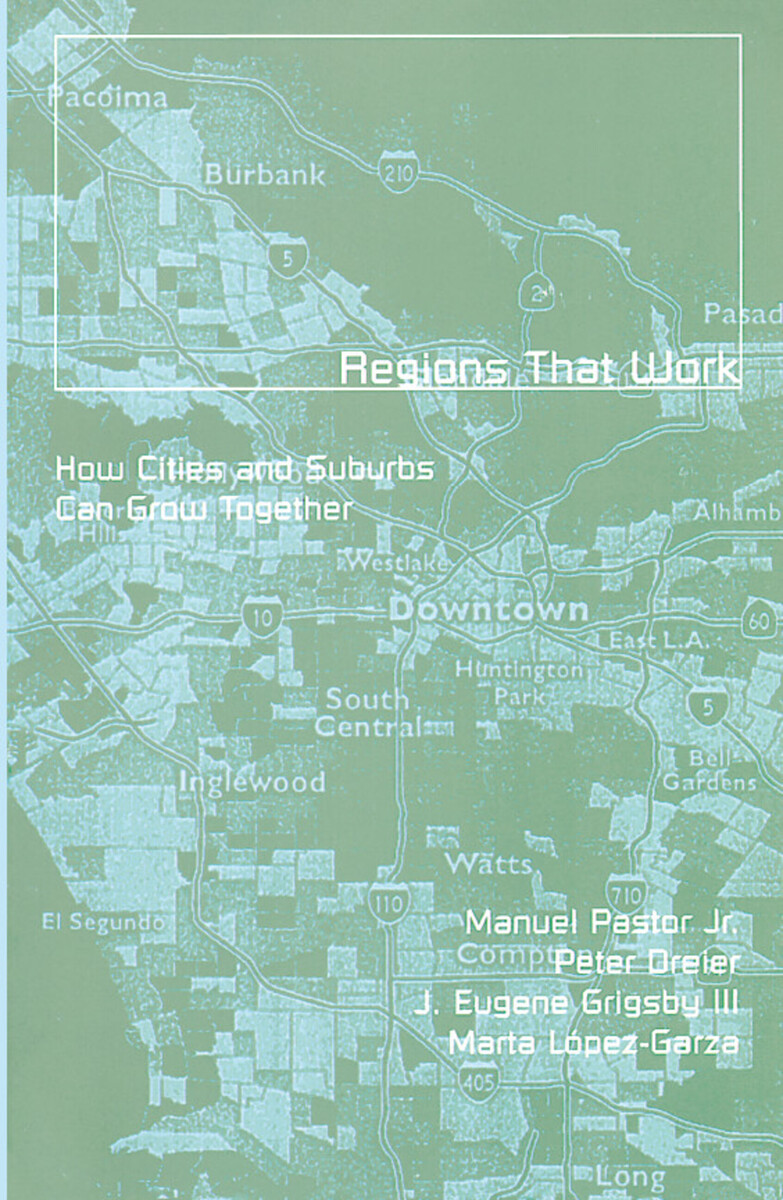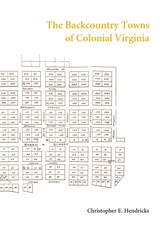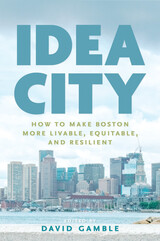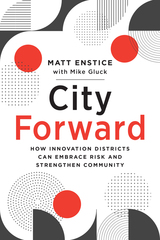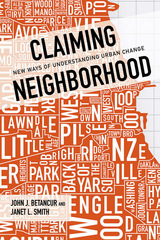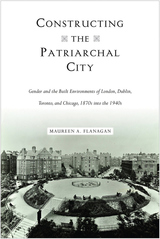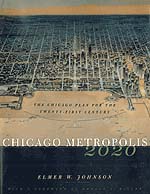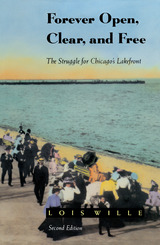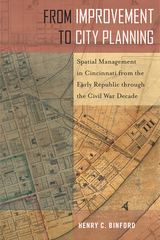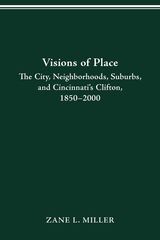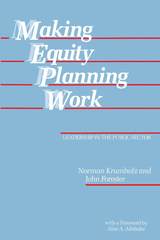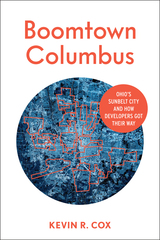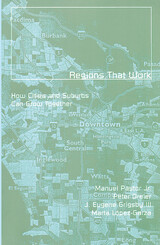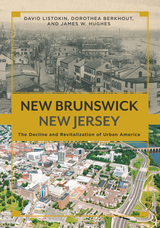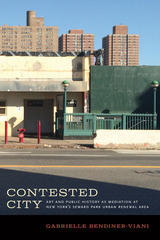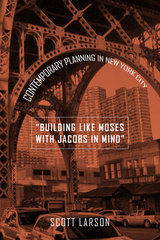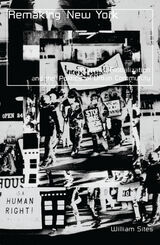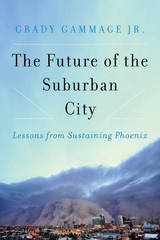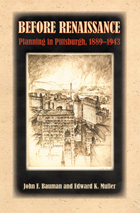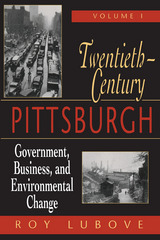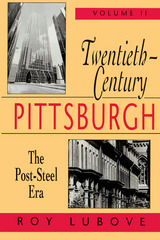Regions That Work: How Cities and Suburbs Can Grow Together
University of Minnesota Press, 2000
Cloth: 978-0-8166-3339-5 | Paper: 978-0-8166-3340-1
Library of Congress Classification HT168.L6R44 2000
Dewey Decimal Classification 307.760979494
Cloth: 978-0-8166-3339-5 | Paper: 978-0-8166-3340-1
Library of Congress Classification HT168.L6R44 2000
Dewey Decimal Classification 307.760979494
ABOUT THIS BOOK
ABOUT THIS BOOK
"This is a remarkable and timely book. A number of scholars and policy analysts have argued the case for uniting city and suburb. However, no study provides more compelling arguments for regional economic integration." William Julius Wilson
"There's a simple, sweeping truth in this book. It's that successful twenty-first-century metropolises will be those that learn to combine agendas of economic prosperity, environmental protection, and social equity. American politics will be transformed when the regional-neighborhood ties these authors explain is fully grasped." Neal Peirce
"The authors argue that for U.S. regions to prosper, they must provide and preserve opportunity for all citizens and all communities. This is an important book that helps us understand the evolving regional movement-and its potential-in this country." Myron Orfield
Offering a new vision of community-based regionalism, this book arrives just as "smart growth" measures and other attempts to link cities and suburbs are beginning to make their mark on the political and analytical scene. The authors make a powerful case for emphasizing equity, arguing that metropolitan areas must reduce poverty in order to grow and that low-income individuals must make regional connections in order to escape poverty.
A hard-hitting analysis of Los Angeles demonstrates that the roots of the unrest of 1992 lay in regional economic deterioration and that the recovery was slowed by insufficient attention to the poor. Regions That Work then provides a history and critique of community-development corporations, a statistical analysis of the poverty-growth relationship in seventy-four metro areas, a detailed study of three regions that have produced superior equity outcomes, and a provocative call for new policies and new politics.
Manuel Pastor Jr. is professor of Latin American and Latino Studies and director of the Center for Justice, Tolerance, and Community at the University of California, Santa Cruz. Peter Dreier is E. P. Clapp Distinguished Professor of Politics at Occidental College. J. Eugene Grigsby III is director of the Advanced Policy Institute and professor at UCLA's School of Public Policy and Social Research. Marta López-Garza is an assistant professor and holds a joint position in Women's Studies Department and Chicano/Chicana Studies Department at California State University, Northridge.
"There's a simple, sweeping truth in this book. It's that successful twenty-first-century metropolises will be those that learn to combine agendas of economic prosperity, environmental protection, and social equity. American politics will be transformed when the regional-neighborhood ties these authors explain is fully grasped." Neal Peirce
"The authors argue that for U.S. regions to prosper, they must provide and preserve opportunity for all citizens and all communities. This is an important book that helps us understand the evolving regional movement-and its potential-in this country." Myron Orfield
Offering a new vision of community-based regionalism, this book arrives just as "smart growth" measures and other attempts to link cities and suburbs are beginning to make their mark on the political and analytical scene. The authors make a powerful case for emphasizing equity, arguing that metropolitan areas must reduce poverty in order to grow and that low-income individuals must make regional connections in order to escape poverty.
A hard-hitting analysis of Los Angeles demonstrates that the roots of the unrest of 1992 lay in regional economic deterioration and that the recovery was slowed by insufficient attention to the poor. Regions That Work then provides a history and critique of community-development corporations, a statistical analysis of the poverty-growth relationship in seventy-four metro areas, a detailed study of three regions that have produced superior equity outcomes, and a provocative call for new policies and new politics.
Manuel Pastor Jr. is professor of Latin American and Latino Studies and director of the Center for Justice, Tolerance, and Community at the University of California, Santa Cruz. Peter Dreier is E. P. Clapp Distinguished Professor of Politics at Occidental College. J. Eugene Grigsby III is director of the Advanced Policy Institute and professor at UCLA's School of Public Policy and Social Research. Marta López-Garza is an assistant professor and holds a joint position in Women's Studies Department and Chicano/Chicana Studies Department at California State University, Northridge.
See other books on: Los Angeles Metropolitan Area | Regional planning | Social policy | Suburbs | Urban policy
See other titles from University of Minnesota Press
